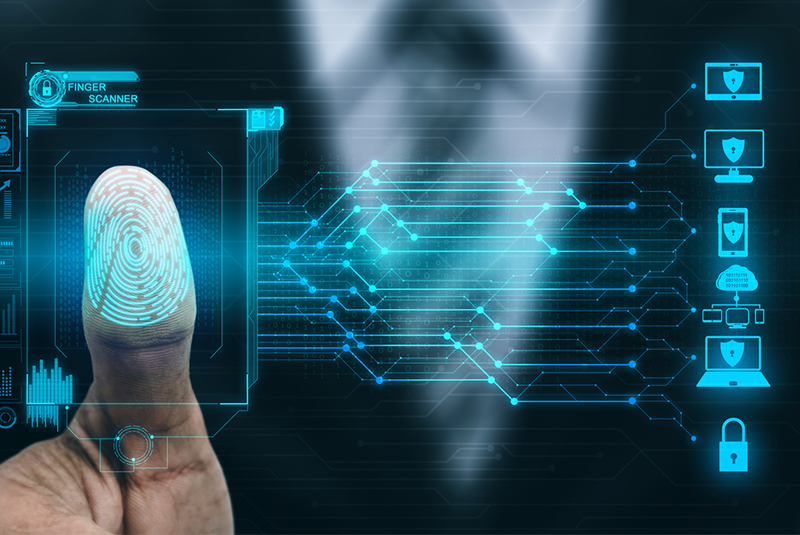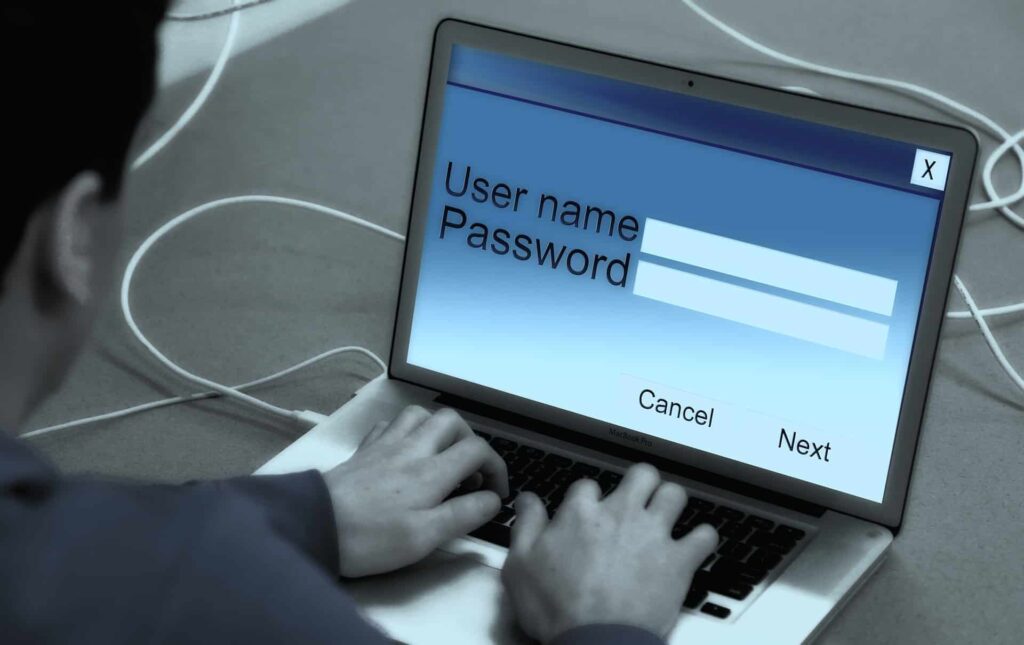In the current digital age, where most transactions occur online, the rise of identity theft incidents is an alarming trend. In 2024 alone, fraud and identity theft cases soared to 5.7 million, a jump from 4.7 million the year before.
Given this surge in fraudulent activities, it’s essential for every entity to establish a safeguarding strategy. Thankfully, the introduction of an effective user identity authentication system can significantly mitigate the risk of severe cyberattacks and similar frauds.
Let’s delve into how such a process can be beneficial to your organization.
How Does User Identity Authentication Aid Businesses?
The method known as user identity authentication is employed by enterprises to confirm the validity of an individual’s data and identity. Successful businesses utilize this approach to ensure their customers are indeed who they claim to be, thereby minimizing the chance of identity fraud and related scams.
Identity and access management solutions play a pivotal role in helping businesses safeguard, regulate, and oversee access to web applications and services, as well as application programming interfaces (APIs). A solid identity verification solution for users aids in defending and managing user identities across a multitude of apps and devices.
By leveraging a user identity management system, organizations can determine if a client poses a potential risk while also helping them adhere to regulations. Institutions handling sensitive data, like banks, healthcare facilities, and legal entities, are set to gain the most from appropriate authentication procedures.
User Identity Authentication Features

Source: blogs.sap.com
Multi-Factor Authentication
The multi-factor authentication process, a feature integrated within systems, calls for users to provide two or more verification factors to access a website or application. This requires users to present at least two pieces of evidence authenticating their identities—something they know, something they possess, or an inherent attribute.
For instance, companies that incorporate robust identity and access management platforms, such as Ping Identity, can substantially reduce the risk of cyberattacks. Businesses can utilize one-time passwords (OTPs), which enable customers to use a distinct one-time password for each session instead of accessing a system with a single, static password. Although SMS and email OTPs are frequently used, options like smartcards, biometrics, and authenticator apps are increasingly prevalent.
Biometric Analysis
Biometric systems deliver straightforward identification by authenticating individuals based on their biological characteristics. Using fingerprint or face identification is more convenient than remembering passwords for every application. Furthermore, biometric data is difficult to replicate or steal, enhancing security.
Document Verification
This procedure entails scanning official documents such as driver’s licenses, passports, and bank statements with personal details like the individual’s name, birthdate, and address, looking for features like stamps, watermarks, etc. To validate their authenticity, these data points can be cross-checked with information sourced from various locations.
Digital Verification
Digital verification employs technologies like AI, biometrics, machine vision, and human assessment to ascertain if a government-issued ID belongs to the user. Users are often asked to provide a photo alongside their ID to validate their identity.
User Identity Authentication Advantages

Source: globalsign.com
A stringent user identity authentication process can significantly aid businesses in thwarting fraudulent activities. Additionally, understanding how should you respond to the theft of your identity is crucial for mitigating potential damages and restoring your personal information’s security. Apart from enhancing security, it also provides the following benefits:
Enhanced Customer Experience
With most businesses adopting digital workflows, the need for paperwork is significantly reduced. This simplification, especially in identity verification, can expedite the onboarding process. By eliminating hurdles in the application process, customers gain quicker access to your services, potentially bolstering their relationship with your business.
Compliance with Federal Regulations
If user identity authentication isn’t executed correctly, it could infringe on an individual’s privacy and violate federal laws. It’s important to note that various data privacy regulations demand consent and prior notification for processing personal information, including face recognition and other verification procedures. Failure to verify someone’s identity can lead to illegal transactions and can potentially result in hefty fines or even criminal charges.
A system that collects authenticated photos or videos of your clients as identification evidence, rather than simply accepting the provided information as is, might be a good approach to consider.
Reputation Enhancement
All organizations strive to build a positive reputation. Trust is a key factor in maintaining long-term customer relationships because today’s consumers prefer to conduct business with credible companies.
Reassuring customers that their submitted information will remain confidential is an effective way to earn their trust. By constructing a robust identity verification system, you can give them the assurance they need. This, in turn, can convert them into advocates for your business, further bolstering your reputation.

Source: hstoday.us
Conclusion
User identity authentication is a critical tool in combatting fraud and identity theft, especially in today’s digital landscape, where online transactions are prevalent. This process utilizes various techniques such as biometric analysis, multi-factor authentication, document verification, and digital verification to confirm a person’s information and identity.
The implementation of a comprehensive user identity authentication process not only enhances a company’s reputation but also improves customer satisfaction, ensures compliance with federal laws, and bolsters security.



